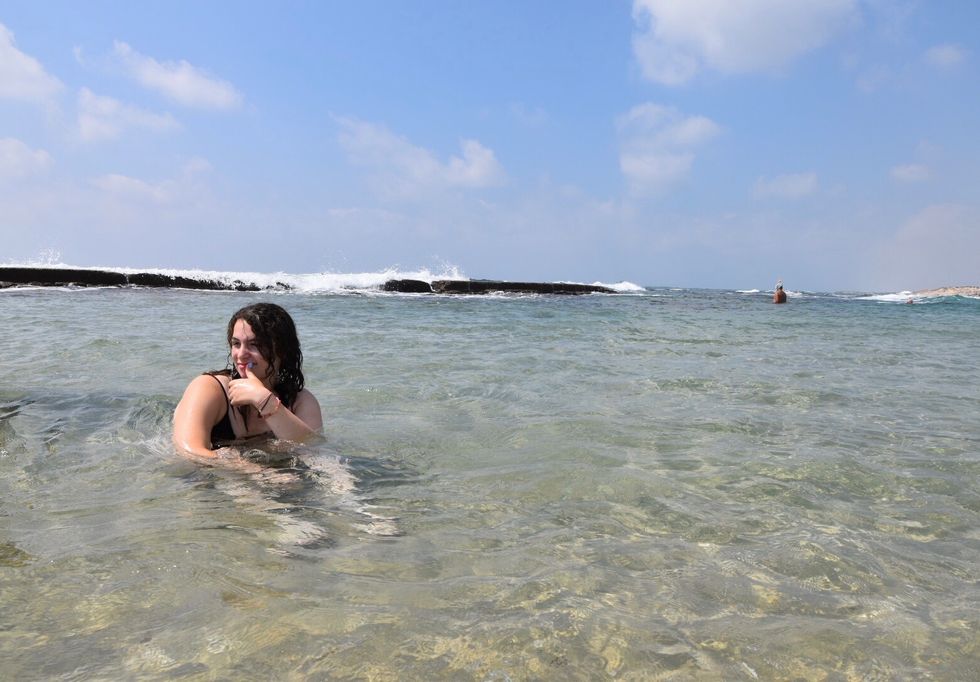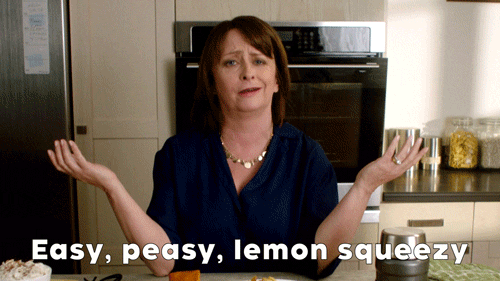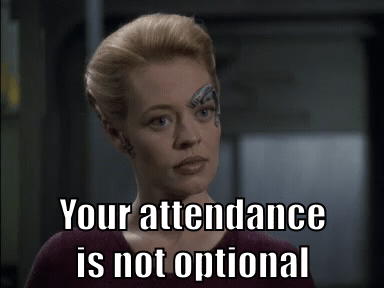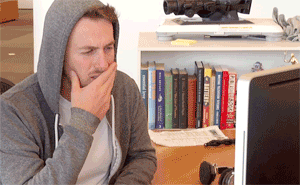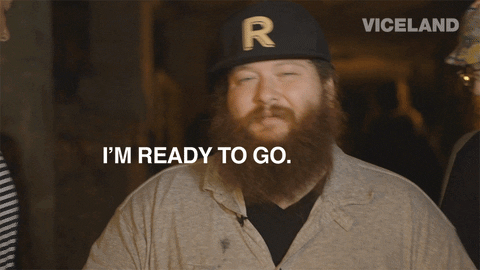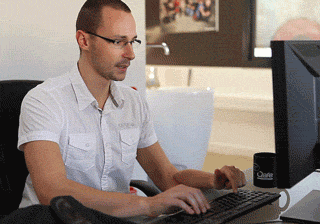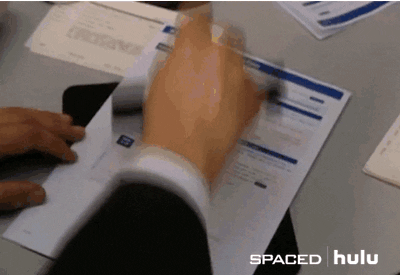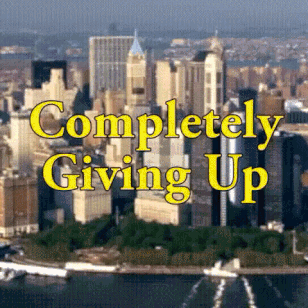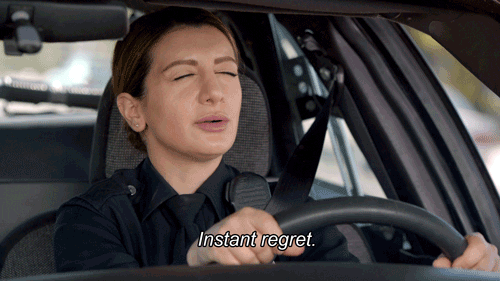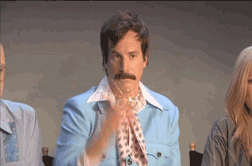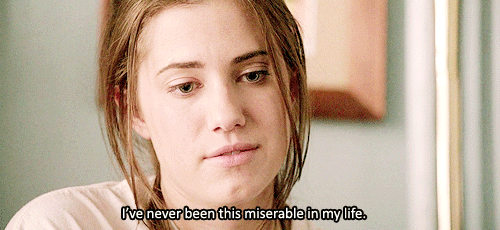Birthright, a free 10 day guided trip to Israel sponsored by the Israeli government and its citizens, is an experience almost every Jewish adult I know has had. From friends to family, I was coerced into taking the trip and having the adventure of a lifetime. I did not need much pushing before I was signing myself up for a trip. Aside from the fact that it was going to be very hot, I did not really know what else to expect.
When I met my group at LAX, I made connections quickly with the kids in my group. They were just as eager as me to see Israel. After a very long day of travel, the plane started to descend and rays of Israeli sunshine started to filter through the half-open window. The first thing I noticed as we flew over Tel-Aviv was the slough of towering buildings, stretching for miles. The Tel-Aviv skyline was like 100 Manhattans, stacked upon each other and stretching in every direction. Pink cotton skies illuminated the modern city as we touched down in the land of milk and honey.
Over the course of the next 10 days, taking a break was not an option. The tour moved so quickly, and we did so many different things. Yet, I still felt that I did not even begin to see under the surface of what Israel has to offer.
On one of the days toward the start of the trip, our guide took us up to the Syrian-Israeli border. Although I was not nervous, I definitely had misconceptions that I would take one look at Syria and suddenly not be safe. As an American, I am taught that Syria is a never-ending war zone, with bombed out villages stretching for miles. When I reached the summit of the border lookout, I was surprised to see greenery, forestry and farms. It looked very normal, even though I was staring at a place I had been taught was very abnormal.
Just because what I saw reflected peace and tranquility, I know that the reality of many Syrians is far from that description. This was made painfully clear to me when we went immediately afterward to visit a Syrian refugee, who for the purpose of this article I will call "Alex," receiving medical care in an Israeli hospital. As my group shuffled into his room, Alex looked up at us, sitting in the hospital bed with his leg almost completely missing. The doctor explained to us that Alex was injured by a government bomb exploding 20 feet from him. Seeing a young boy bed stricken like that brought me to tears, but when I locked eyes with Alex, he smiled.
Despite his circumstances, Alex proved to be one of the happiest boys in the world. Alex was so grateful to be receiving help from doctors, to be talking to us and to watch soccer on the television in his room. His life had been turned upside down by his own government, yet his outlook was nothing but positivity. Alex told us all he wanted was to be able to walk again soon, which he knows he can do thanks to prosthetics and physical therapy. As I walked out of his room at the end of the visit, I shook his hand and looked him in the eyes once more. I noted a glimmer of hope and joy.
Visiting Alex rattled me to the core. I knew I couldn't continue to walk around in my life exhibiting ungratefulness for the blessings I have. I knew if a young boy can sit in a hospital bed for a year after coming within an inch of death and still be positive and happy to be alive, then I could conquer anything if I put my headspace in the right place.
Alex showed me that where you are from, what your life experiences are or how you were raised do not actually make that big of a difference when it comes to being a human. The bubble that I was raised in, while it varies drastically from Alex's, doesn't actually make me that different than him or any other kid raised in Syria. I took this mindset with me throughout the rest of my trip, and I was able to see that Israelis aren't that much different from either me or Alex. Every human wants to connect, to feel loved, and to live life to the best of their abilities.
As an American, it is easy to feel disconnected. My trip to Israel showed me that disengagement from the people around you shouldn't be a normal thing. When I returned, I felt more full of life, gratefulness and connectivity than I ever had before.

